Hannah Peeler
Genetic Improvement in the Shackleton Framework for Optimizing LLVM Pass Sequences
Apr 28, 2022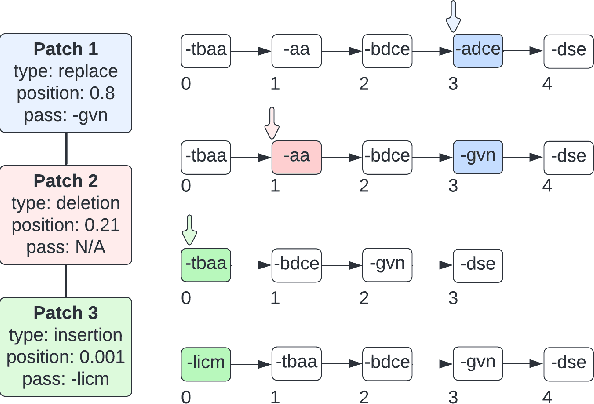
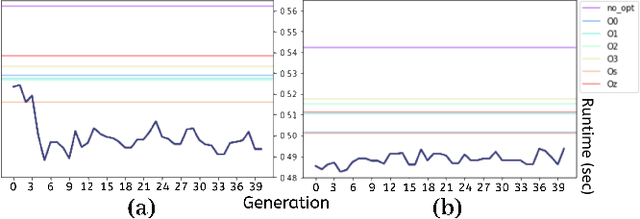
Abstract:Genetic improvement is a search technique that aims to improve a given acceptable solution to a problem. In this paper, we present the novel use of genetic improvement to find problem-specific optimized LLVM pass sequences. We develop a pass-level patch representation in the linear genetic programming framework, Shackleton, to evolve the modifications to be applied to the default optimization pass sequences. Our GI-evolved solution has a mean of 3.7% runtime improvement compared to the -O3 optimization level in the default code generation options which optimizes on runtime. The proposed GI method provides an automatic way to find a problem-specific optimization sequence that improves upon a general solution without any expert domain knowledge. In this paper, we discuss the advantages and limitations of the GI feature in the Shackleton Framework and present our results.
Optimizing LLVM Pass Sequences with Shackleton: A Linear Genetic Programming Framework
Jan 31, 2022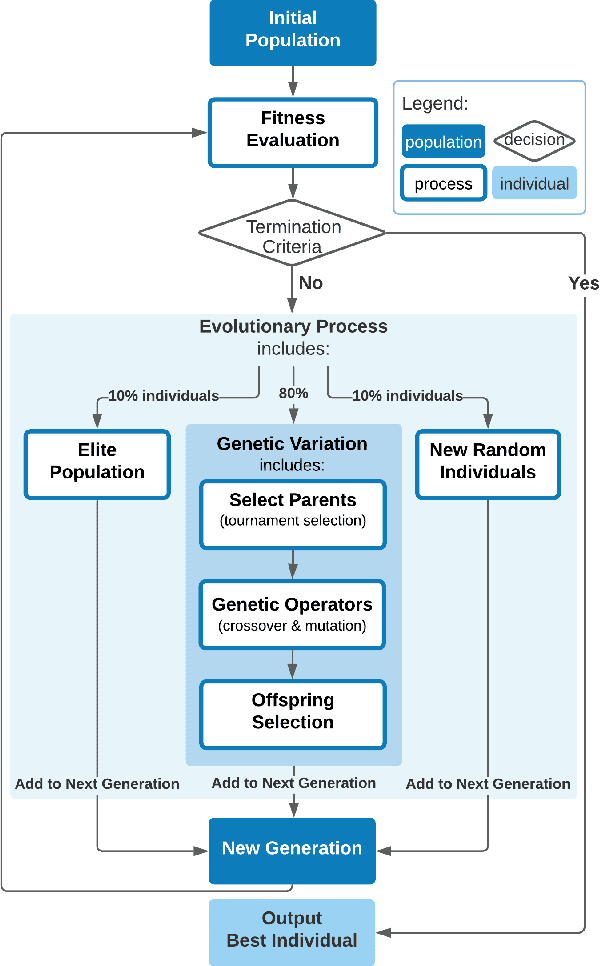
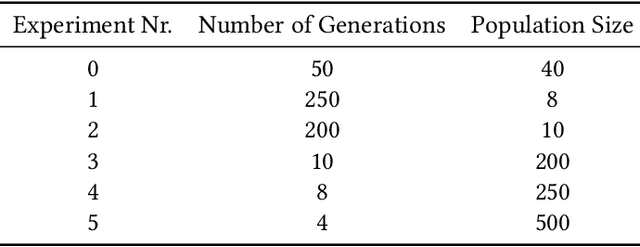
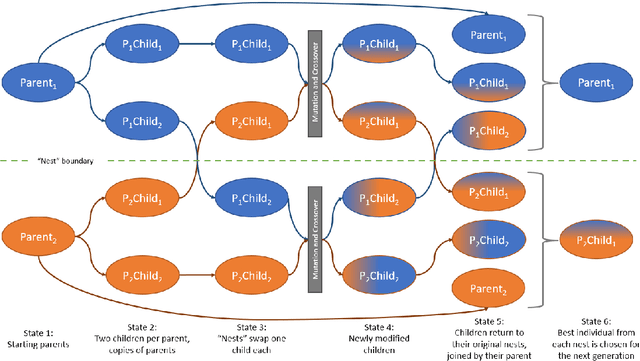

Abstract:In this paper we introduce Shackleton as a generalized framework enabling the application of linear genetic programming -- a technique under the umbrella of evolutionary algorithms -- to a variety of use cases. We also explore here a novel application for this class of methods: optimizing sequences of LLVM optimization passes. The algorithm underpinning Shackleton is discussed, with an emphasis on the effects of different features unique to the framework when applied to LLVM pass sequences. Combined with analysis of different hyperparameter settings, we report the results on automatically optimizing pass sequences using Shackleton for two software applications at differing complexity levels. Finally, we reflect on the advantages and limitations of our current implementation and lay out a path for further improvements. These improvements aim to surpass hand-crafted solutions with an automatic discovery method for an optimal pass sequence.
 Add to Chrome
Add to Chrome Add to Firefox
Add to Firefox Add to Edge
Add to Edge